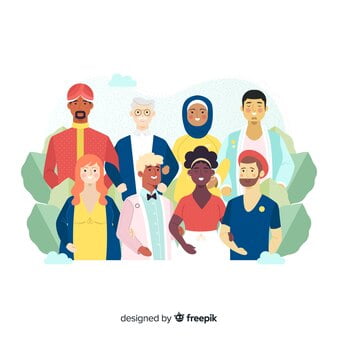
India, as a diverse and heterogeneous society, understands the significance of preserving its rich cultural and educational past. These rights are integral to the fundamental rights guaranteed by the Indian Constitution. Let’s look at the essence of these rights and how they protect the interests of minorities in the country.

Cultural and Educational Rights Article 29 of the Indian Constitution protects minorities’ cultural identities. It gives any group of citizens with a distinct culture, language, or script the right to preserve and maintain their distinctive legacy. Furthermore, Article 29(2) mandates that educational institutions, whether state-owned or assisted, do not discriminate against individuals on the basis of race, religion, caste, or language.
Article 30: Minorities have the right to establish and administer educational institutions. Article 30, often known as the “Charter of Educational Rights,” empowers religious and linguistic minorities in India. It guarantees people the vital right to form and control their preferred educational institutions. This clause assures that minority populations have liberty in shaping and preserving their educational traditions without having
Cultural and Educational Rights of Minorities
These constitutional provisions in India demonstrate the country’s commitment to maintaining its cultural and intellectual diversity. These rights go beyond maintaining traditions; they demonstrate India’s commitment to giving equal opportunity for all, regardless of background. They show the country’s deep regard for its complex character, in which each group has the freedom to preserve, develop, and share its cultural legacy and knowledge. India’s Constitution aggressively promotes inclusivity and harmony among its diverse cultures and languages.
Cultural and Educational Rights UPSC
Cultural and Educational Rights is an important topic for UPSC aspirants because it is aligned with the UPSC syllabus and covers essential rights guaranteed by the Indian constitution. A good comprehension of these rights is essential for both the UPSC Prelims and Mains examinations, as they make up a large percentage of the syllabus. Aspirants can prepare for such topics using UPSC Online Coaching platforms and attempt UPSC Mock Tests to gain a good grasp on them….

